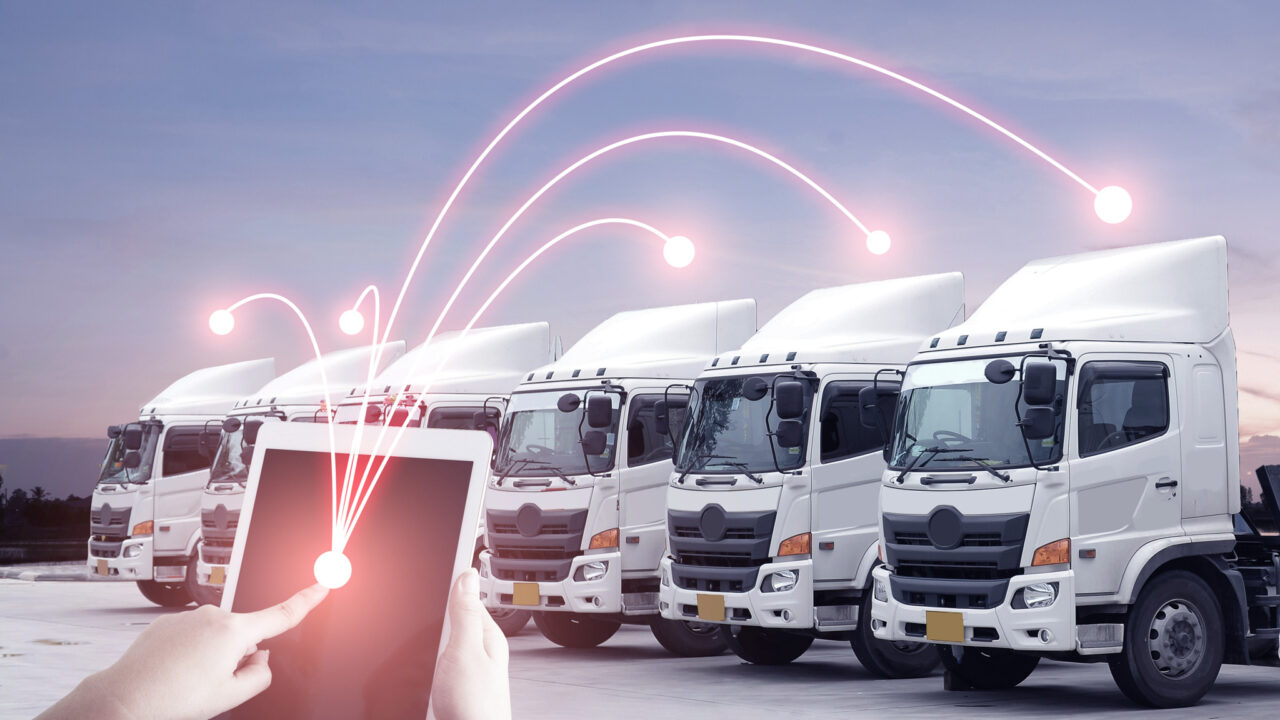Few industries globally are struggling quite as much to reduce their carbon footprint as construction. Industry stakeholders are searching for new ways to reduce their impact. The question is, what is the most valid option to reduce emissions in construction without significantly impacting efficiency and quality?
With other industries leading the way, one way for construction firms to drive down their impact on the environment may be through switching to a greener fleet.
Innovation and development in infrastructure and competitive pricing are making electric vans the next big step for many contractors. Due to government legislation around the world, automotive brands are making electric vehicles more popular, with desirable models and increased mile range being released.
Infrastructure
New rapid electric charge points are constantly being built, making it easier to recharge than ever before. While the infrastructure is growing, it isn’t growing fast enough, which could mean charging points are stretched thin.
Having access to rapid charge points is a crucial consideration. For example, it is significantly cheaper to charge a vehicle on private overnight tariffs than it is to charge on public daytime chargers. Installing points at construction sites cuts costs while making fueling vehicles feasible and generally easier. Fleet operators don’t have to rely on detouring to a charge point when out and about.
Where is the demand coming from?
While many of us are still unaware of the costs surrounding electric vans when compared to a diesel, the majority of the time, electric vans are more cost-efficient and subsequently offer more value for money. However, sometimes, the costs can range depending on your circumstances of operating an electric van.
Electric vans will be the future; however, elements such as the cost of electric, operators’ driving style, whether a private charging point is installed and the average miles driven must be considered too. For example, while it may cost more to lease an electric van, the cost of charging it will be cheaper than the equivalent amount in gas or diesel.
The technology in electric vans is improving at a rapid rate, so much so that electric van leasing is expected to be more cost-efficient than it is now before the end of this year. This should encourage more businesses to make the change to an electric fleet in 2022. If contractors are unsure but still want to make the change from traditional fuel, consider hybrid vans to cut down on fossil fuel emissions.
Which electric vans are available?
Van leasing deals are available for the newest range of electric vans which have increased mile range and better efficiency. There are many options available depending on what you need, including the following.
- Renault Kangoo ZE: ideal for those looking for small van lease. The Kangoo ZE is great value for money with more than 100-mile range when fully charged.
- Vauxhall Vivaro-E: a medium van that is able to hold 1,000kg with a 200-mile range when fully charged.
- Mercedes eSprinter: while large van leases have less option than smaller sizes, the eSprinter is a competitive and efficient electric van that function in optimum performance with heavy weight
While the switch from gas and diesel to electric seems inevitable, how many contractors will make the switch before it’s mainstream? Weigh up the pros and cons of an electric van fleet before making the decision.





